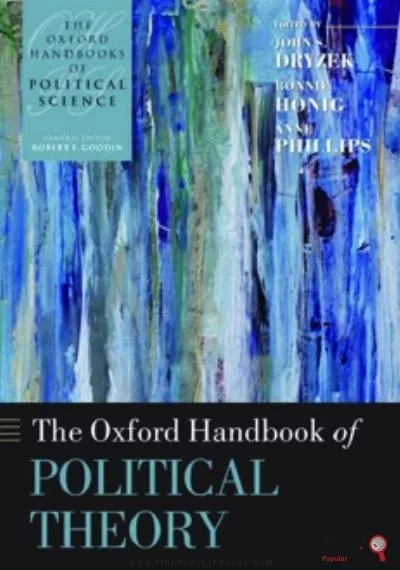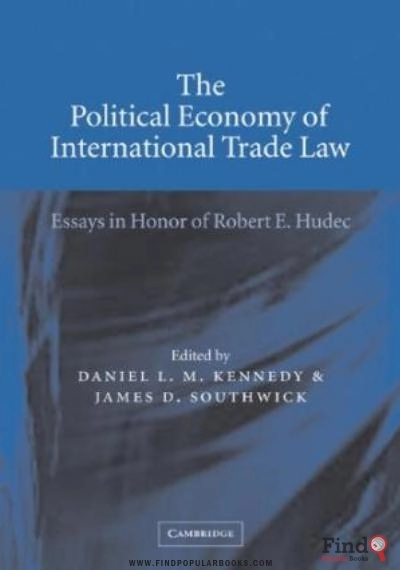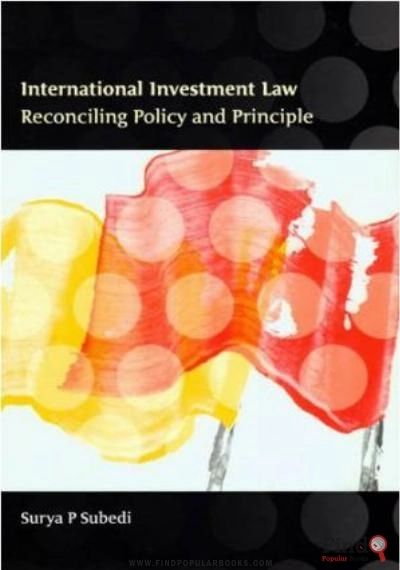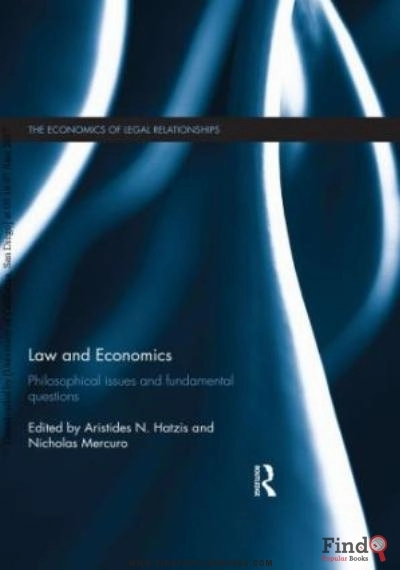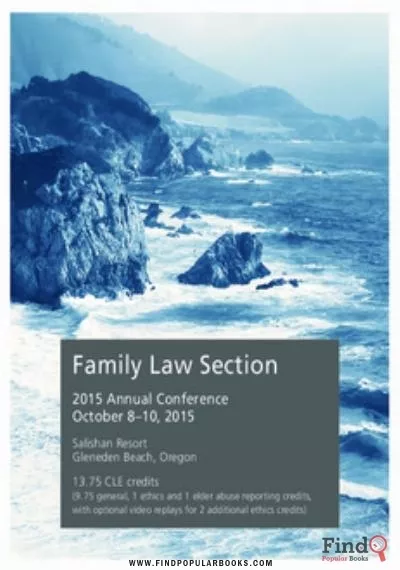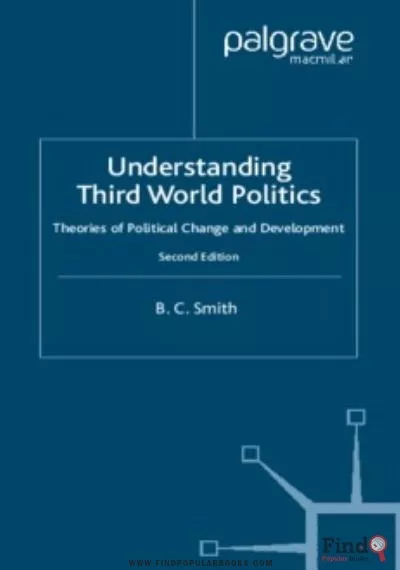
Understanding Third World Politics
This second edition has been extensively revised in order to sharpen its
focus and reflect the current preoccupations in the study of Third World politics, especially the potential for sustainable democracy. The chapters on
military intervention, bureaucracy and political parties have been revised to
enable the implications which these institutions have for processes of
democratization to be explored. The old chapter on political stability has
been divided into two so that proper attention can be paid to theories of
democratic transition and consolidation. The Conclusion contains a discussion on whether democracy or authoritarianism is preferable for a poor
country trying to develop economically and socially.
The provision of a critical introduction to the attempts of political scientists to understand the politics of less developed countries remains the main
purpose of the book. While it provides a very wide range of empirical examples from many countries in several continents its central focus is on the
issues and controversies that have dominated the social science of Third
World politics since the 1950s and in particular on assessing the main theories that have been formulated that attempt to make systematic and rigorous
sense of political change.
The book commences with discussions of two topics that are an essential
preparation for what follows: the question of whether there is a ‘Third
World’; and the colonial backgrounds of most of today’s less developed
countries. To identify the types of society with which the book is concerned
Chapter 1 deals with the concept of a ‘third’ world. Different terminology is
used to label the countries and the circumstances in which they find themselves – developing, underdeveloped, poor, less developed – as well as
‘Third World’. These are not synonyms but denote interpretations of history.
The significance of labels is that they define subjects for analysis. So
Chapter 1 distinguishes the different meanings that have been attached to
the term ‘Third World’, to explain why doubts have been expressed about
the legitimacy of such a label. This also introduces the main socioeconomic problems facing Third World countries and the major changes
that have taken place since the end of the Second World War.
An understanding of imperialism is necessary not only to know the nature
of one of the most formative historical influences on today’s Third World,
vii
but also to comprehend the debates within the social sciences about the
legacy of that episode. Imperialism, a foundation of contemporary Third
World status, has been defined in different ways: obtaining sovereignty;
forceful annexation; a stage of capitalism; and colonialism. Imperialism is,
however, mainly an economic concept, while colonialism is mainly social
and political. Not all Third World countries were colonies, but all have been
affected by imperialism. The development of imperialism is briefly outlined, from pre-capitalist imperialism, through the transition from merchant
capital to industrial capital, to the acquisition of colonies in the nineteenth
century.

Contact us to let us know. You will receive an answer within 3 working days.
A big thank you for your understanding!
